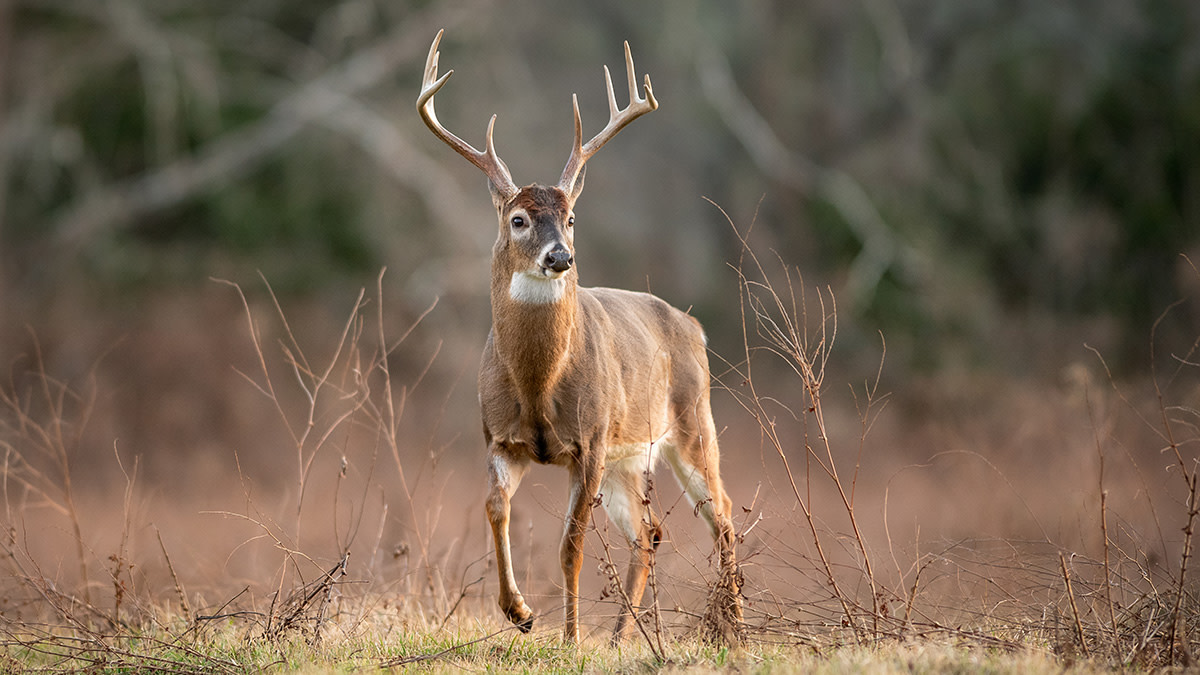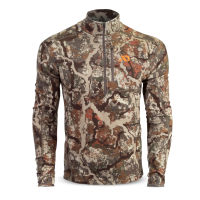Four Questions to Ask Yourself Before Leasing Hunting Property

The search for ahunting leasecan be a treacherous one. It’s easy to get wrapped up in the excitement of a property’s potential, only to have reality crash down on you when the deal is set in ink. And, with summer in full swing, the time is ripe for property picking. With that in mind, here are a few questions you can ask yourself to help in your search and make sure you’re not stepping into something you’re going to regret. Write them down, take notes, give honest answers, and you’ll be ready to make an informed decision on your dream lease.
What Are My Goals?
Understanding what you want from a hunting property and what's realistically attainable is the foundation for the entire leasing process. It's crucial to establish a budget, think through a realistic property size, locations you're interested in, how long you'd like the lease to last, and what kind of hunting style and experiences you're seeking. The last thing you want is to randomlybegin your searchwithout carefully considering what's truly important to you and factoring those priorities into your search.
No property is perfect. There are no guarantees when it comes to wild animals in wild places, but you don't want to spend your hard-earned money on a piece that doesn't meet most of your goals. It's essential to be honest with yourself about the expectations and overall intent of the property. Maybe you just want a place to get away and hunt for solitude and relaxation. You might have lofty goals to chase a top-caliber buck. You may want a mix between the two.
How's the Neighborhood?
Location, location, location. Although we aren't talking about purchasing land, the cliché rings true when finding ground to lease as well. Look into record book entries for the county or region, understand how landowners utilize the surrounding properties, and try to draw conclusions on surrounding hunting pressure. You could evenresearch soil typesfor an area. Historically, higher-quality soil results in larger-bodied, healthier deer and bettergeneticswith larger antlers.
Also, understand that you will have some sort of control inside the boundaries of the property you would be leasing, but it's beneficial that the property borders others who share a similar strategy and goals if those properties are also hunted. Ultimately, you may have to make compromises depending on how competitive leases are in the target area. Once again, find the sweet spot between what's attainable and your ideal property.
How "Huntable" is the Property?
Don’t get too hung up on a property simply because it’s available for lease. Too often, especially in highly competitive conditions, it can be easy to overlook hunting quality for the opportunity at something that can look good at the surface level. First and foremost, focus on what the property offers.
Consider the ingress and egress, understand how different wind directions affect the property, and how your presence on the property may impact the deer based on the habitat features it offers and how the property lays out. It may be the best hunting property in the world but if you can't get in and out of it and hunt it in varying conditions, you could be stuck with a ghost town after just a few hunts due to poor access andhigh pressure.
What Are the Limitations?
A clearly defined, written agreement that spells out the lease terms is a significant step in the process. You and the landowner must be on the same page with what can and can't be done on the property. If you want to lease ground that you can establish and plant food plots on, it needs to be discussed and permission needs to be received in writing.
Determine who has access to the property and when. Is the lease just for hunting season or year-round? Consider the level of exclusivity you want in a lease and ensure a mutual agreement is in place with the landowner.
Even things like trimming shooting lanes,running trail cameras, and driving on the property with an ORV or UTV should be weighed in the decision to lease a property and will likely affect the overall lease price. It's essential to carefully consider and communicate as many details as possible. Ensure a lease agreement covers what you want in a property.
Just any other purchasing decision, a hunting lease needs to provide value. As we’ve covered, that can manifest in many different ways, and it ultimately depends on what you prefer as a hunter. In fact, the leasing process can be a great exercise to help you determine why you love to hunt in the first place. Define it, and you’ve already narrowed down the market to something that will make you a happy hunter—and that’s the whole point.
Feature image via Matt Hansen.
Shop
Sign In or Create a Free Account
Related

Scout
Four Questions to Ask Yourself Before Leasing Hunting Property

Scout
Why I Stopped Looking for a Deer Lease




